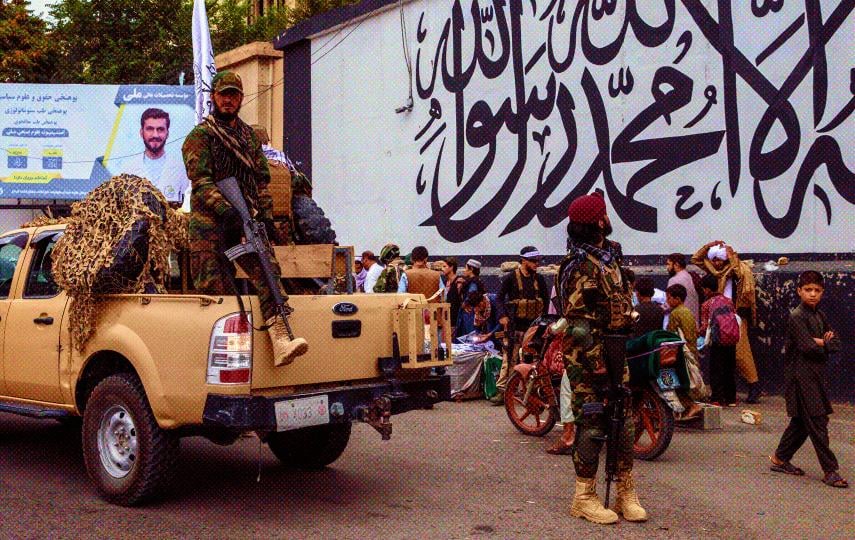Burundi’s government said on Tuesday that it killed at least 22 “wrongdoers” in the outskirts of the capital, Bujumbura, in violence that appeared to be linked to upcoming presidential elections.
Two police officers were also killed and six attackers arrested before security was restored, a police spokesperson told reporters, providing few further details of the incident.
Burundi has been wracked by political violence since 2015, when President Pierre Nkurunziza ran for a disputed third term in office.
Hundreds were killed in a crackdown by security forces and more than 400,000 displaced, most to Tanzania, Rwanda, and the Democratic Republic of Congo.
Last month, the ruling CNDD-FDD party picked its secretary-general, Evariste Ndayishimiye, as its presidential candidate, ruling out the possibility of Nkurunziza seeking re-election.
Read more → Burundi's humanitarian crisis: An inconvenient truth for the ruling party
The latest flare-up follows a wave of arrests last month targeting members of the opposition National Council for Liberty (CNL) that a party spokesperson said constituted “harassment” ahead of the May polls.
In a report published last month, the Burundi Human Rights Initiative said CNL supporters had been beaten to death by members of the ruling party’s youth wing, the Imbonerakure, and buried in secret cemeteries.
“Serious human rights violations continued in 2019, but were often hidden and quickly covered up, making it difficult to establish the circumstances in which they took place,” the report said.
Read more → Pressure builds on Burundian refugees in Tanzania amid threat of forced return
The UN’s Commission of Inquiry on Burundi warned in September that security forces, local authorities, and Imbonerakure members are creating “a climate of fear and intimidation of all persons who do not show their support to the ruling party”.
In October, the Burundian rebel group RED-Tabara – based in eastern Congo – claimed responsibility for an attack in northwestern Burundi that it said was the beginning of a new phase of “resistance”.
Meanwhile, pressure on Burundian refugees living in Tanzania to return home is building following recent deportation threats. The UN’s refugee agency, UNHCR, has said conditions in Burundi are not "conducive to promote returns".
Last year, malaria killed more than 3,000 people in Burundi and infected almost nine million in a country of just 11 million – part of a wider humanitarian crisis that aid workers say the government has been keen to downplay.
– Philip Kleinfeld





